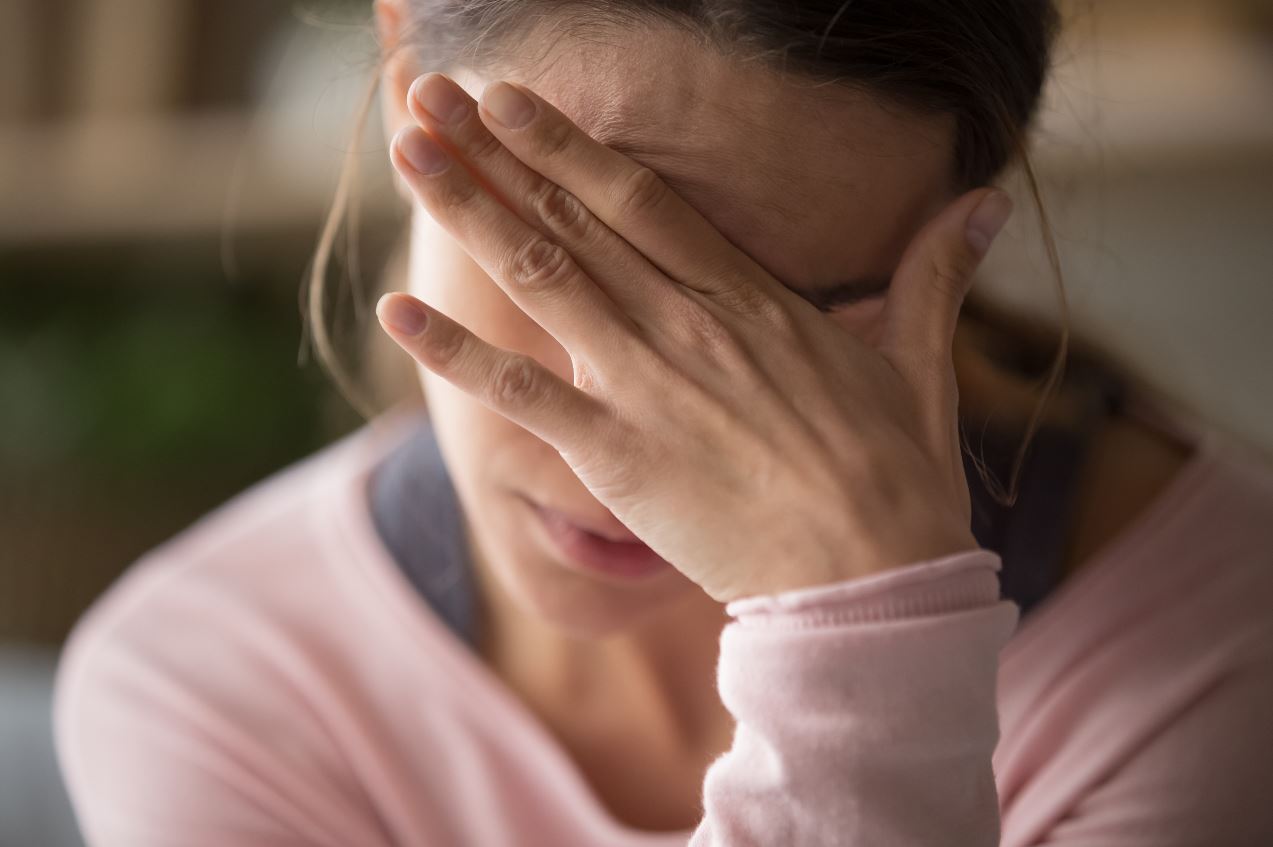
PERSONAL INJURIES – District Court allows personal injury claim against Defendant convicted of assault against Plaintiff’s sons
Stephanie T.Y. Lam acted for the successful Plaintiff in Chan Kiu Yeung v. Mak Shung Wai (DCPI921/2017) [2021] HKDC 598, where the Plaintiff claimed damages from the Defendant for attacking her at the residential carpark during a scuffle which also involved her two sons. The Court discussed the relevance of the Defendant’s related criminal conviction which was based only on his acts towards the Plaintiff’s sons. The Court’s approach to adjudicating claims for pre-trial loss of earnings in this case is also noteworthy.

Background
The Plaintiff (“P”), her two sons (“the Brothers”) and the Defendant (“D”) were residents of the same private residential estate and were all involved in an incident near the residential carpark. Consequently, D and the Brothers were charged and tried for the offence of fighting in a public place (“the Incident”). No criminal charges were ever laid against P, who was 60 years old at the time of the Incident.
The learned Magistrate acquitted the Brothers after finding there was no case to answer and ordered costs against the prosecution. D was convicted on his own plea and fined HK$1,000.
Later, P commenced the present proceedings against D. She claimed that she was – and D counterclaimed that he was – assaulted by the other in the Incident and sustained physical and psychiatric injuries. Both sought aggravated damages against the other.
Relevance of Defendant’s Criminal Conviction
By virtue of s. 62(2) of the Evidence Ordinance (Cap. 8), D’s criminal conviction would shift to him the legal burden of disproving the act for which the conviction was entered. However, this case is slightly unique in the sense that D’s criminal conviction did not relate to the alleged fighting between him and P, but between him and P’s sons.
Stephanie T.Y. Lam, Counsel for the plaintiff, submitted that D’s conviction should nonetheless be relevant to demonstrate D’s likely aggressive behaviour, to infer D’s state of mind and to determine the truthfulness of D’s version of events.
The Court ultimately held that, although the conviction was not probative to the determination of the factual issues surrounding the alleged attacks, it may be relevant to D’s credibility (para. 32, Judgment).
The Court’s Findings – Liability
The Court was “singularly unimpressed” with D as a witness and did not find his evidence reliable or credible at all:
• D’s alleged assaults against P: The learned Judge held that D was the one who started the scuffle by first striking P’s face out of anger. He then attacked her a second time when he dashed towards P and caused her to apprehend the infliction of immediate unlawful force on her person.
• P’s alleged assault against D: According to D, after he “touched” P’s face, the Brothers attacked and restrained him and then P used her hand to grab D’s genitalia. The Judge found this account improbable since, if it had happened as alleged, D would have reported this to the police present at the scene or to the doctor in A&E. It was also improbable that, right after being struck in the face hard by D, P would risk receiving further violence from D by assaulting him in the manner alleged.
The Court’s Findings – Damages
Aggravated damages
In the Incident, D suddenly lunged forward and smacked or slapped P, an aged and dignified old woman, on her face hard. This occurred in a public area of the estate where P and her family members have been residing in for over 10 years. Considering D’s “egregious” behaviour, the learned Judge found that this was “a clear case to award aggravated damages”.
Pre-trial loss of earnings
Following the Incident, P suffered psychiatric symptoms and was as a result laid off from her job. She claimed pre-trial loss of earnings for the two days’ sick leave issued by the hospital and the period during which she received psychiatric treatment.
The Court did not award any damages under this head of claim, citing the following principles:
“It is trite that a claim for loss of income is founded on the plaintiff’s inability or unsuitability to work. Almost invariably, this would be established either by the sick leave certificate issued by the treating doctors certifying that medically the plaintiff was unfit to work and/or by the expert opining so. It is also trite that the fact that the plaintiff had been receiving treatment, merely by itself, is not sufficient to show that the plaintiff was unable or unsuitable to work during the treatment period.” (para. 96, Judgment)
The Court gave judgment in favour of P in the amount of HK$163,458. D’s counterclaim was dismissed.
|
Although the legal principles around pre-trial loss of earnings are well-established, the learned Judge in this case also investigated heavily into P’s factual evidence on the circumstances of her employment’s termination (paras. 99 – 102, Judgment). Two points of significance can be observed: • Factual circumstances may also be taken into account when loss of earnings are assessed, and not just whether or not sick leave certificates were issued. • Adequate and prompt treatment by plaintiffs are advisable. However, it should be recognized that this may pose some difficulties in cases involving psychiatric symptoms, as lay clients may not be as conscientious or willing to seek treatment given the unfortunate concepts of taboo or unfamiliarity. |
Representation:
Stephanie T.Y. Lam, instructed by Oldham, Li & Nie, represented the Plaintiff.
This article was first published on 16 June 2021.
| Stephanie Y.L. Tam
|
Stephanie has a broad civil and criminal practice, and has appeared as an advocate in the Magistracies, Juvenile Courts, District Court, the Lands Tribunal and High Court, and as junior counsel before the Court of Final Appeal. Stephanie was also accredited by the Hong Kong Mediation Accreditation Association in 2015 and is on her way to qualifying as a family mediator. She appeared for the successful 1st and 2nd Defendants in Ho Lai King v. Kwok Fung Ying and Another [2020] HKCA 657, where the Court of Appeal allowed their appeal and held that an oral agreement between the 1st Defendant and her mother (the Plaintiff) was made with the requisite intention to be legally binding (led by Mr. Hectar Pun SC). |
Disclaimer: This article does not constitute legal advice and seeks to set out the general principles of the law. Detailed advice should therefore be sought from a legal professional relating to the individual merits and facts of a particular case. The photograph which appears in this article is included for decorative purposes only and should not be taken as a depiction of any matter to which the case is related.
